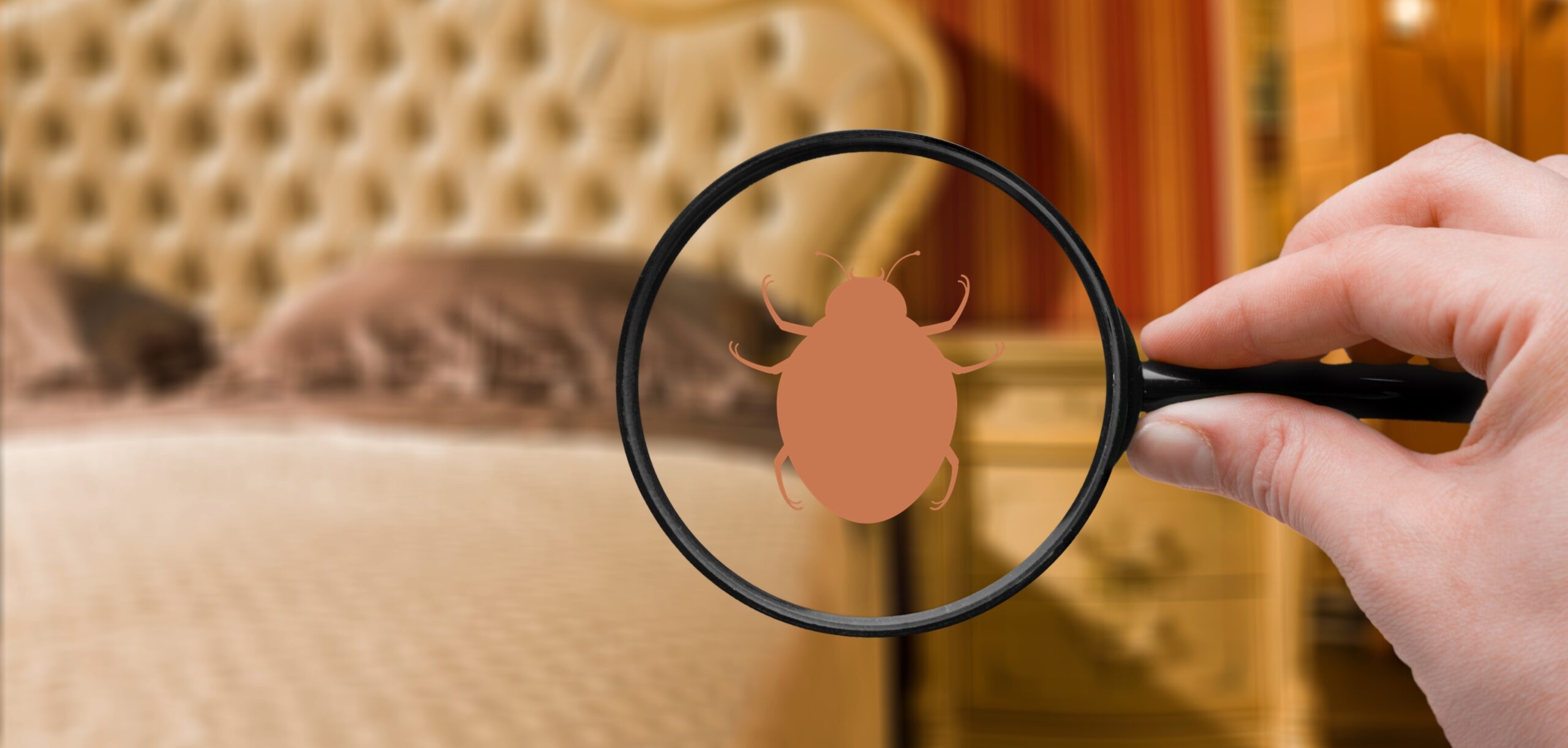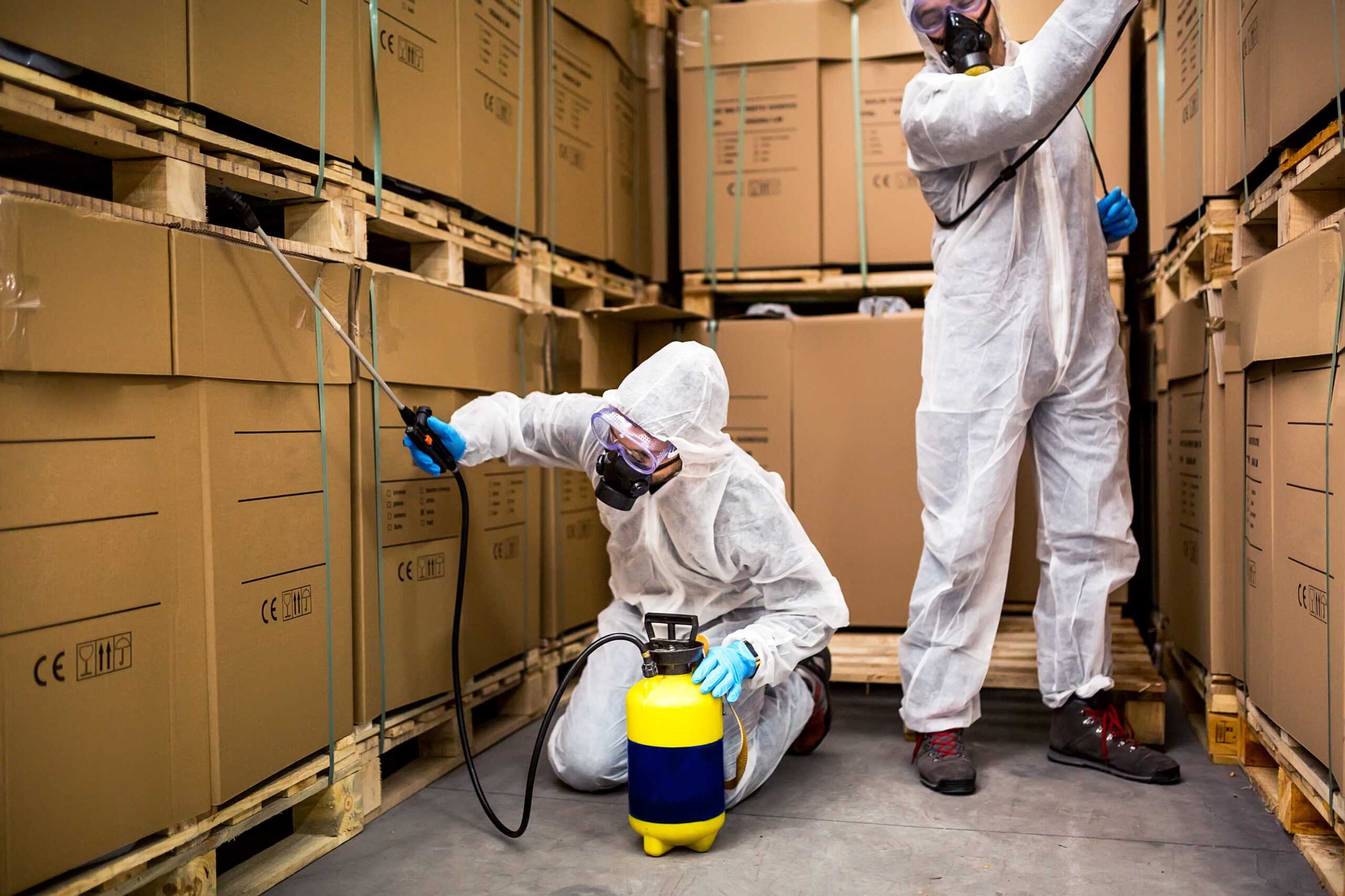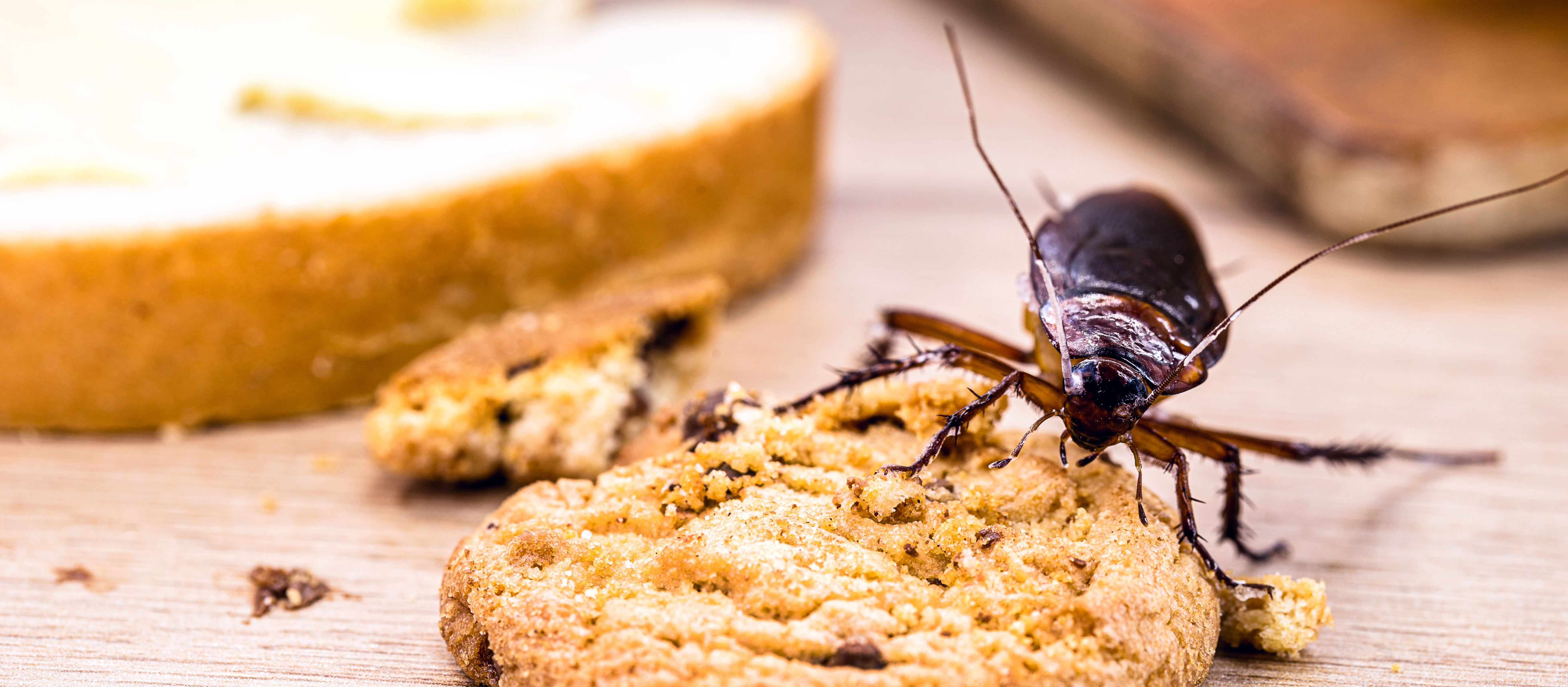Avoiding Common Errors in Hospitality that Can Bring Pests Problem
Your business matters a lot to you, so why let fixable errors jeopardise that? Keep reading to learn the most common errors in hospitality that can bring pest problems. If you accidentally make any of these mistakes, Greenway IPM can work together with you to find solutions suitable for your business and then make a plan of proactive measures for the future.
The hospitality industry is a place of constant activity. As a result, there is little time to take notice of small issues and cleaning procedures can be rushed. But often, these measures and procedures make all the difference in creating a clean, pest-free workplace.
Pest problems quickly have real effects on businesses. Once they have made their way inside your business, pests will look for places to shelter, feed, and reproduce. Some areas and conditions may allow them to settle and thrive. They damage property, stock, and your reputation with customers.
This simple article can help your hospitality business make the crucial but easy changes needed to eliminate any pest problems so that you can focus more on where it matters.
1. Poor sanitation and cleaning procedures
The most apparent error to make is poor sanitation. Although your business will have cleaning practices in place, bins can be left to fill instead of being frequently emptied and that along with drinks gun, drip trays, and pipes not being cleaned frequently can lead to issues with fruit and drain fly. These small fly populations can be a real nuisance; getting out of control in the space of days not weeks and can be off putting to the customer. You might also think that your floor cleaning practices are suitable enough; however, this might not be the case. Staff sweep the floors every closing, but they are not sweeping under counters or in the corners. This is not helped by the fact that space can be limited and steel food preparation counters can be difficult to move so that over time more and more waste accumulates. The food left on the floor or underneath counters mean that your business is not properly clean, and these sources of food scraps are perfect for scavenging rodents and many different insect pests. If it is possible, move equipment to clean these neglected spaces and if this proves to be difficult, make time for once monthly deeper cleans.
2. How your business cleans and deals with the bins
This error is linked to poor sanitation. How your business cleans and deals with trade waste bins and waste is critical to your business being pest-free. Improper stationing and not cleaning the bins attracts many pests. Rodents, birds, and insects are all attracted to the smell and invitation of food. The best defence is to clean the interior and exterior of the bins with soap and water regularly. Bins should not be overfilled so that the lids lay flat when shut, larger 660 litre and 1100 litre bins should have their drainage plugs in place on the underside and bins should not be surrounded by clutter. Good bin maintenance is especially important in the North East, where birds are a significant pest. Stationing the bins under some cover can help keep birds away. At Greenway IPM we are specialists in commercial bird control and can help your business find a permanent solution to the problem. We will tell you what options are available once we have carried out a full, free survey. Their services help in the removal of seagulls, pigeons, nests and bird guano.
3.Moisture and leaks
Pests will look for any opportunity to enter your property. With a few routine checks, you can minimise the possibility of this occurring. Rodents look for places where water has been able to accumulate; this standing water provides them with a steady supply of hydration. To ensure that standing water hasn’t collected, you will need to survey your property for leaks and ingressing water in cellars.
Pests will be looking for any cracks they can find to make their way into your building, whether it be holes in walls from missing mortar or where old pipework has been removed, gaps around pipes and even drain issues where drains run under the floor of the building. Cracks in the floor can also harbour food debris, which lures insects like small flies or ants. So checking for these cracks should form part of your essential inspection routine. Making this a priority ensures that you are taking preventative action.
4.Doors and windows left open
This common error is easily fixable. The hospitality industry is full of activity; therefore, staff forget small actions like closing doors and windows. Placing door stops to keep the door propped open for convenience or opening windows to regulate the temperature happens often. However, this allows easy access for pests who are attracted by the warmth and smells of food. Without the doors and windows closed, they face no obstacle getting to the food, which risks disease and breaching health standards. If rear doors need to be open for ventilation a stable style door can be used, where the top half can be opened while the bottom half is kept shut. Open windows can be proofed with insect screens. This issue has been even more apparent during Covid restrictions, where commercial premises need to be properly ventilated.
5.Improper storage
Food is a central component of the hospitality industry, but it is also the main attractor for pests. When the food supply comes to your business, do you just find any old place to store it? Or do you have an ordered system for storage? The latter is a good way of preventing any pests from thriving on your property. If you keep food sitting on the floor, then it gives pests easy access to food to thrive on. This means that all that food is now compromised and must be thrown away. You are then losing money on the lost food and revenue by being unable to serve food. Cluttered stock rooms also help hide the problem, especially if there is little clear visible floor space. Without proper storage you are exposing your business to pest infestation.
6.Your Business’ Staff
A common error made is not managing the way your employees store their personal items. It is advised that they do not have personal lockers, but instead, lockers are unassigned. Doing this eliminates the chance an employee leaves personal items, most notably food and drink items, overnight or longer. Also, make sure that there is a separation between the staff room/storage area and the kitchen. This separation will allow your business to regulate food safety better.
Lastly, your employees are the ones moving about the business and the ones cleaning. This means you must make sure that they are well versed in the cleaning practices and making sure the doors stay closed.
If you notice signs of pests, then get in touch with us. We will visit your site and carry out a thorough inspection. If your workplace is infested, then we’ll help you get rid of the pests. Our services for commercial properties are focused on innovation and use the latest technology to deliver routine inspections. This proactive approach will save you time and money. In addition, We will help you alter the environment and proof the building to avoid any future problems. To learn more about our services, get in touch with the Greenway team and for more useful information and advice about pest control, we suggest visiting our FAQ section.









Leave a Reply